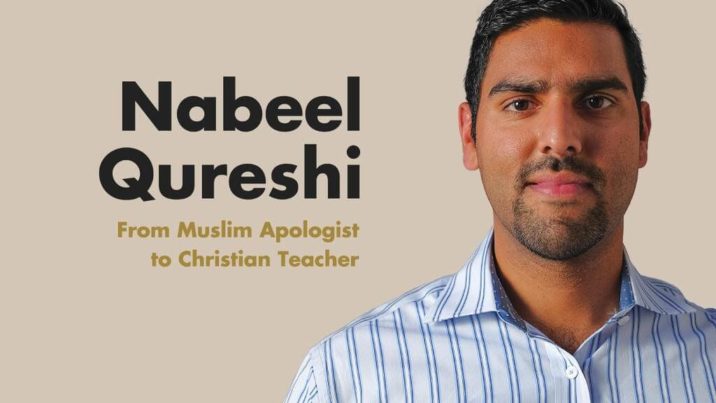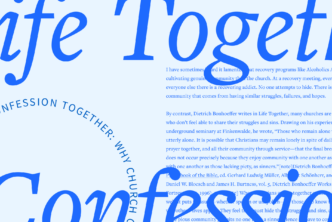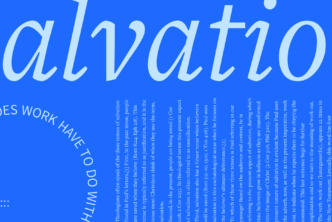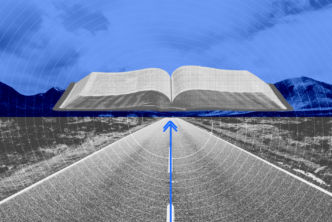The November/December issue of Bible Study Magazine features Nabeel Qureshi, bestselling author of Seeking Allah, Finding Jesus.
Qureshi was raised in a close-knit Pakistani-American family devoted to Islam—so when he became convinced of the truth of the Bible and the claims of the Christian faith, he knew everything would change. “I knew from studying the Gospels that I was called to give up everything. Jesus says in Matthew 10, ‘He who loves his father or mother more than me is not worthy of me.’ ”
In Jessi Strong’s interview with Qureshi, he opened up about some of the barriers he faced in his conversion to Christianity:
“In responding to the gospel, Qureshi realized his relationship with his family presented two barriers to Christian faith. The first was intellectual. From an early age, he had been taught Islamic apologetics—he learned to defend his minority faith in a majority Christian context. ‘Islam and Christianity teach such disparate things, and my parents needed a way to teach their son—who was growing up in the United States—to hold his beliefs against Christian teachings. I was taught Bible verses that seemed to argue against the deity of Jesus. One was Mark 13:32, where Jesus talks about no one knowing the day or the hour of the end of times, “not even the angels in heaven, nor the Son, but only the Father.”
Qureshi had to re-examine everything he had long assumed to be fact.
The second barrier was social. Even before he seriously considered Christianity, Qureshi knew how devastating his conversion would be to his parents. His close ties with them stemmed from their Eastern, communal-minded family structure—compounded by the isolation they experienced living as a minority race, religion, and culture in the U.S. To describe Qureshi’s family as devout doesn’t truly portray their religious legacy: “My mom was a missionary kid who grew up in Indonesia, where my grandfather preached to tribes in the jungles. My great-grandfather was a missionary and physician in Uganda. From a social perspective, there were two things that gave my parents a sense of respect and standing in the Muslim community: the family legacy and their children. My conversion would mean taking everything away from them.”
While in college and medical school, one of Qureshi’s Christian friends challenged him to examine the Bible more seriously to see if its claims could be verified. It took years, but he began to respect the Bible as a historical document—even before he recognized Jesus as God. “We know through biblical archaeology that some of the things Luke mentioned were not corroborated until archaeological digs confirmed them. I came to the conclusion that they had compelling historical truths. I researched textual transmission, wanting to find out if what the Bible says today is what the Bible has always said. We have so many manuscripts of the New Testament in ancient Greek that we can be very confident in our reading of its text. Understanding the nature of the evidence began to change my perspective on the reliability of the Bible.”
As his respect for the Bible grew, Qureshi began to look more closely at the Gospel of Mark’s claims about Jesus. “Muslim apologists will usually say that Jesus claimed to be the Messiah, but he didn’t claim to be God. They expect Jesus to identify himself using certain words. It’s not a bad expectation, given how God identifies himself in the Old Testament. In Isaiah 45:22, for example, God very powerfully says, ‘I am God, and there is no other.’ When he meets Moses in Exodus 3:14, Moses asks him who he is, and God says, ‘I am that I am’—in other words, ‘I eternally exist.’ ””
Read the rest of Nabeel’s story in the November/December 2015 issue of Bible Study Magazine.





